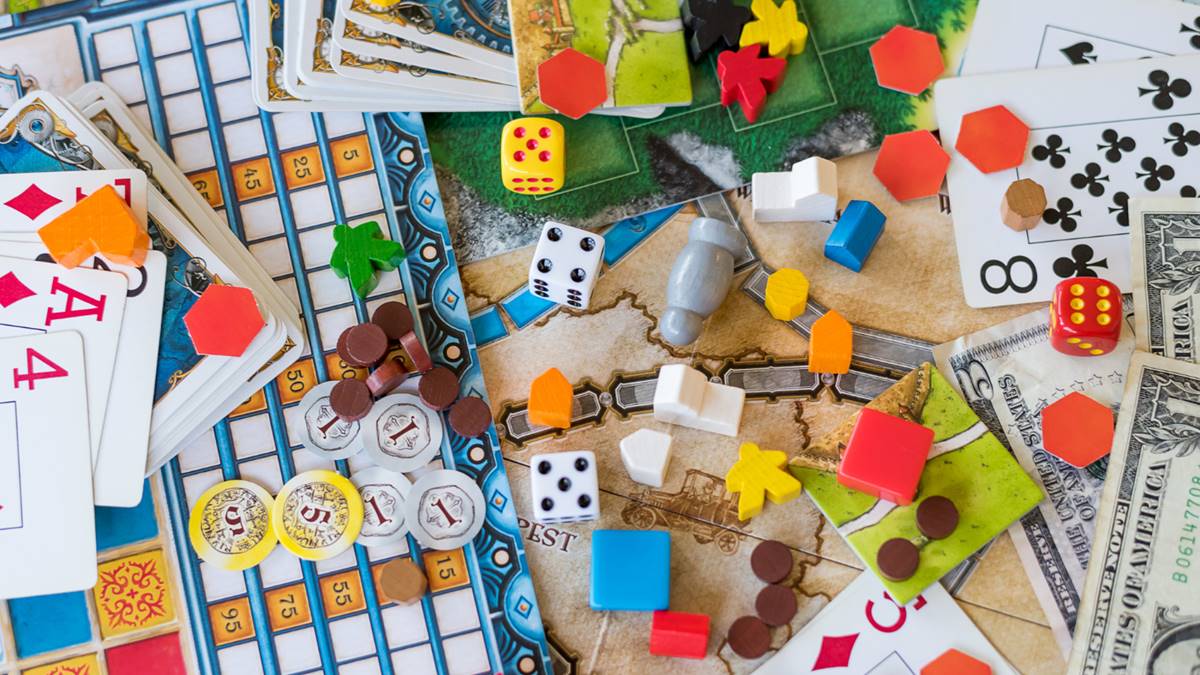If you’re a gamer—or someone who works in the ever-evolving world of gaming—you already know that change is the only constant. But 2025 isn’t just another year of updates and releases. It’s shaping up to be a transformative chapter in the gaming narrative. From ultra-immersive tech to global community evolution, this is the year where the boundaries between digital and physical play dissolve more than ever before. So what’s next for the industry, and more importantly, how will it change how you play, build, and experience games?
Immersion redefined
Gaming in 2025 is no longer just a screen-based experience. Thanks to advancements in virtual reality (VR), augmented reality (AR), and haptic technology, the line between the real world and digital environments continues to blur. You’re not just playing a character—you are the character. VR sets are now lighter, wireless, and packed with richer sensory feedback. Combine that with AI-powered NPCs that learn from your play style, and suddenly every session becomes uniquely yours.
Cross-platform living
Gone are the days when games were locked to a single console or device. The future is all about continuity. Start your game on your tablet during the morning commute, switch to your console at home, and finish the day on a cloud-based service via your smart TV. Game progress, profiles, and digital assets are fully synced across ecosystems. No more choosing sides—play where you want, when you want.
The rise of user-generated everything
Creativity is currency in 2025. Gamers are no longer just consumers—they’re creators, developers, and curators. Platforms are embracing modding and user-generated content like never before. AI-assisted design tools let you build intricate levels, custom characters, and new storylines without writing a single line of code. Entire games are now being launched from community concepts. Whether you’re tweaking game mechanics or inventing new genres, your ideas can reach a global audience overnight.
Collectibles and ownership go digital
Thanks to blockchain integration and tokenized assets, digital ownership has become as real as owning a box set. Skins, weapons, characters, and rare achievements can now be traded or sold with transparency and security. But physical collectibles haven’t disappeared either—they’ve evolved. Expect to see limited-edition releases that combine digital perks with real-world items, including custom-designed board game pieces that link to virtual versions in companion apps. The bridge between physical and digital collections is a game in itself.
Social, but smarter
Gaming has always had a social core, but in 2025, that connectivity feels more intentional. AI-powered matchmaking ensures you find compatible teammates, not just in skill level but in communication style and game pace. In-game social hubs replicate the feeling of real-life gatherings, complete with voice, video, and motion interactions. Esports lounges, meet-and-play events, and hybrid conventions are making sure the social side of gaming feels less like a screen and more like a shared space.
Education and gaming converge
Forget the stereotype of games being a distraction—now they’re a gateway to learning. Gamified platforms are being used in classrooms, corporate training, and mental health initiatives. Want to understand quantum mechanics? There’s a simulation for that. Need to practice your language skills? Try a role-playing quest that rewards you for fluency. In 2025, games are teaching more than just strategy—they’re shaping how we understand the world.
Indie renaissance
The big studios still hold power, but indie developers are in their golden era. Access to cloud-based development tools and funding platforms has democratized game creation. Passion projects with small budgets are producing some of the year’s most talked-about titles. With niche communities driving demand, the days of one-size-fits-all blockbusters are fading. Expect smaller teams delivering bigger emotional impact, personalized narratives, and stunning visuals.
What’s next isn’t just tech—it’s mindset
What makes 2025 different isn’t only the new gadgets or trends—it’s the way we think about games. We’re moving from games as products to games as ecosystems. They’re places where stories evolve, communities live, and identities are explored. You’re not just logging on; you’re stepping into a world that remembers your choices, evolves with your actions, and invites you to contribute.
As a player, developer, or business owner in this space, that means embracing flexibility, innovation, and collaboration. The games of 2025 aren’t built for you—they’re built with you. And that changes everything.
So, whether you’re crafting characters, rolling digital dice, or collecting custom board game pieces that unlock quests in your favorite fantasy realm, remember this: the future of gaming isn’t coming. It’s already here, and it’s more alive than ever.
